Infamously known as a silent killer, cancer engulfs the health of people without warning.
Causes of Cancer
The word cancer is Latin for crab. This is probably because the finger-like spreading projections from a cancer resemble the shape of a crab. Cancer cells form when normal cells mutate, and cancer occurs when mutated cells multiply and grow uncontrollably to destroy normal biological functions all over the body.
Many factors can lead to cancer. These include viruses, pollution, radiation, and certain medications. Presently, side effects are inevitable with all cancer treatments. Treatments (e.g., chemotherapy and radiation therapy) often cause discomfort and complications, which in severe cases can even shorten life spans.
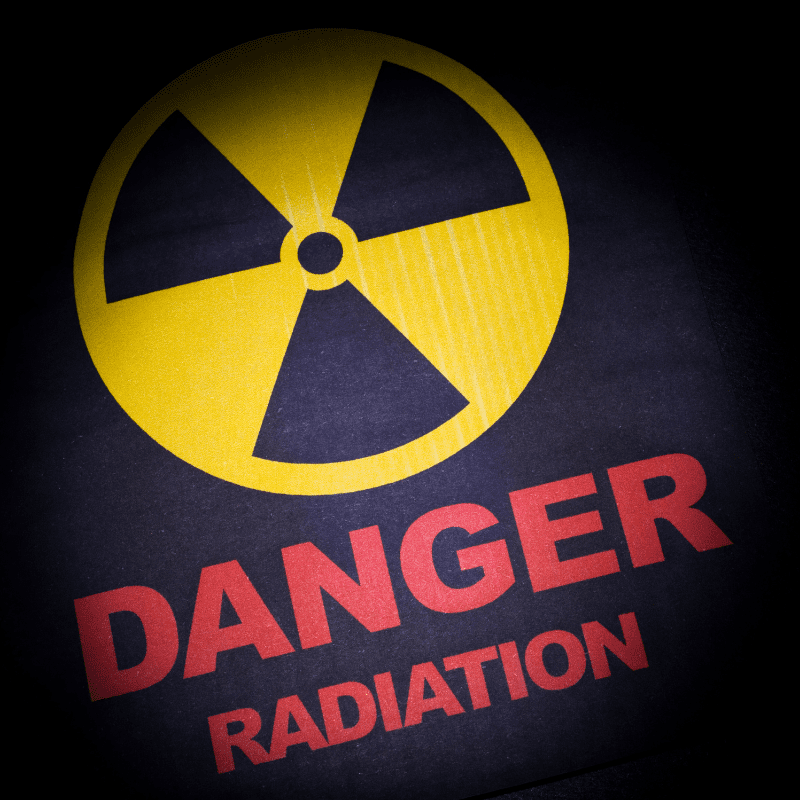

Studies show that an unhealthy diet (e.g., eating large amount of animal protein and fat), obesity, lack of exercise, poor living habits (e.g., staying up late, smoking, consuming large amounts of alcohol), certain medications (e.g., drugs that suppress the immune system, such as corticosteroids, and hormone therapy), and viruses (e.g., 80% of primary liver cancers is caused by the hepatitis B virus) are all factors that can cause or contribute to cancer.
However, cancer does not mean certain death. Early prevention, detection, treatment, and efforts to boost immunity can help prolong life by effectively reducing the survival rate of cancer cells, minimizing cancer incidence, and helping the body fight the disease.
Cancer Does Not Happens Overnight
Cancer is often diagnosed a long time after its initial formation.
Even the most cutting-edge, sophisticated medical instruments can only detect tumors with diameters 1mm and above, and equivalent to the size of a full stop or period. However, a tumor is not just one cancer cell. Rather, it is made up of at least 1 million cancer cells! When it grows to 1cm (the size of an eraser at the tip of a pencil), there will be at least 1 billion cancer cells in that tumor. If left unchecked, the tumor can grow to 10cm; by this time, a person is on the verge of death.
Cancer cells are terrifying because they divide out of control. For example, one cancer cell splits into two, two cells become four, four cells become eight cells, and so on. By the time a tumor id detected, cancer cells are already growing at the rate of a few million times, or even several hundred million times. Imagine one billion becoming two billion, two billion becoming four billion, and so forth!
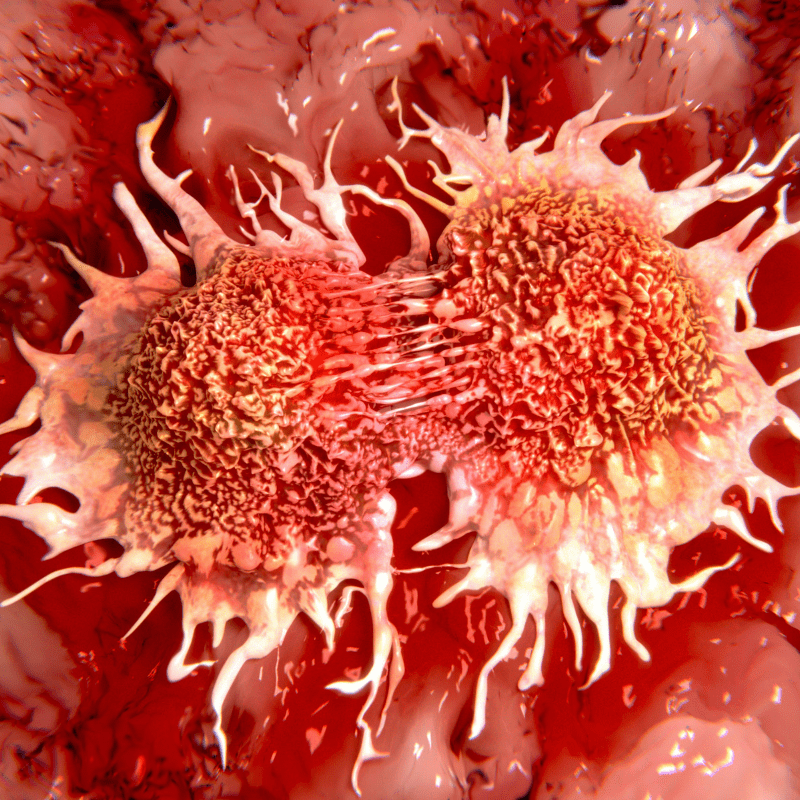

About two thirds of the time, cancer stays hidden, and its progress is stealthy. Take breast cancer, for instance. It may take six to eight years for breast cancer to grow from one cell to the size of 1cm. Another example is colorectal cancer. It takes about 10-20 years for newly formed colorectal growths to become cancerous. This time period is extremely critical – it can influence whether cancer cells will continue to divide or if they can be stopped or even destroyed. The health of the immune system is an important factor in the speed of cancer cell growth – a stronger immune system means slower cancer cell growth. In fact, a strong immune system can even destroy existing cancer cells.
To help the body resist invasion from cancer cells at an early stage, obtain large quantities of phytochemicals, antioxidants, and polysaccharides by eating a wide variety of wholesome plant food daily.
Cancer Is Linked to Strength of the Immune System
In today’s society, it is difficult to prevent exposure to health risks like radiation, pollution, viruses, and chemical toxins. These risks often lead to cell mutations, and cause cancer cells to emerges repeatedly. The immune system is able to destroy cancer cells as long as it is able to function normally. Or, at the very least, the immune system can help reduce cancer cell growth and slow down the speed at which cancer cells multiply.
On the other hand, a weakened immune system gives cancer cells the best opportunity for growth. Mutated cancer cells begin to proliferate in large amounts, get into the body’s bloodstream or lymph vessels, and invade other organs and tissues to cause disruptions to a person’s natural physiological processes. This causes all kinds of pathological changes that ultimately lead to death.
A Healthy Diet Keeps Cancers at Bay
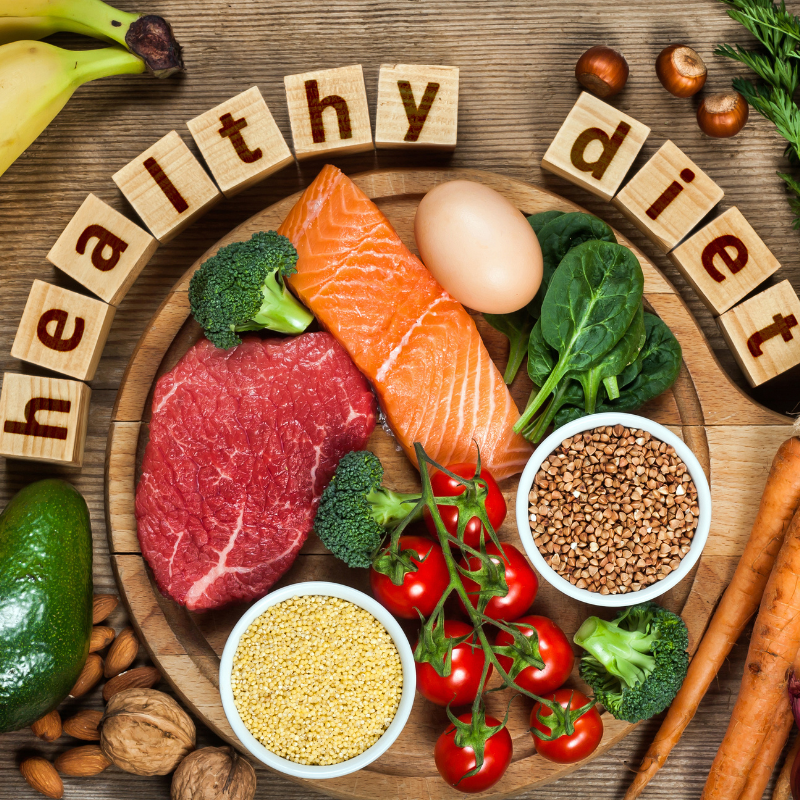

Research by the World Research Fund and the American Institute for Cancer Research points out that 30%-40% of cancers are directly linked to unhealthy diets and lack of physical activity. Researchers have long suspected that if a woman eats a proper diet in her 20s to 40s, it could lower her midlife breast cancer risk.
Many studies have confirmed that eating red meats such as pork, lamb, and beef is associated with cancer. This is directly related to the fact that red meat contains large amounts of animal protein can increase the risks of breast cancer, prostate cancer, pancreatic cancer, and colorectal cancer. According to the China Study, consuming animal-based foods increases the blood levels of insulin-like growth factor-1 (IGF-1). Researchers found that people with higher-than-normal blood levels of IGF-1 had 5.1 times the risk of advanced-stage prostate cancer.
Large amount of fat, especially saturated fat, are found in meat, diary, egg products, which are linked to a higher risk of cancers like breast cancer and colon cancer. Research shows that women who eat a lot of animal fat are 33% more likely to contract invasive breast cancer.
In addition, consuming preserved meats puts one at high risk of cancer. This could be due to the nitrates or nitrites added to these meats as preservatives. There is a high chance that these preservatives may react with other substances in meat to form nitrosamine, a carcinogen. A review of epidemiological studies concluded that those who eat the most processed meat have 20%-50% higher risk of colorectal cancer compared to non-eaters.
Cancer is not only a result of what we eat, but also what we do not eat. Nutritional deficiencies brought about by inappropriate or unbalanced meals can drastically undermine the immune system. Many studies have shown that plant food is of particular value in the battle against cancer. A study of over 60,000 Chinese-Singaporeans showed that eating cruciferous vegetables like kai lan, chye sim, and broccoli may reduce risk of colorectal cancer and eating yellow- and orange-colored fruits like papaya and oranges may reduce risk of lung cancer.
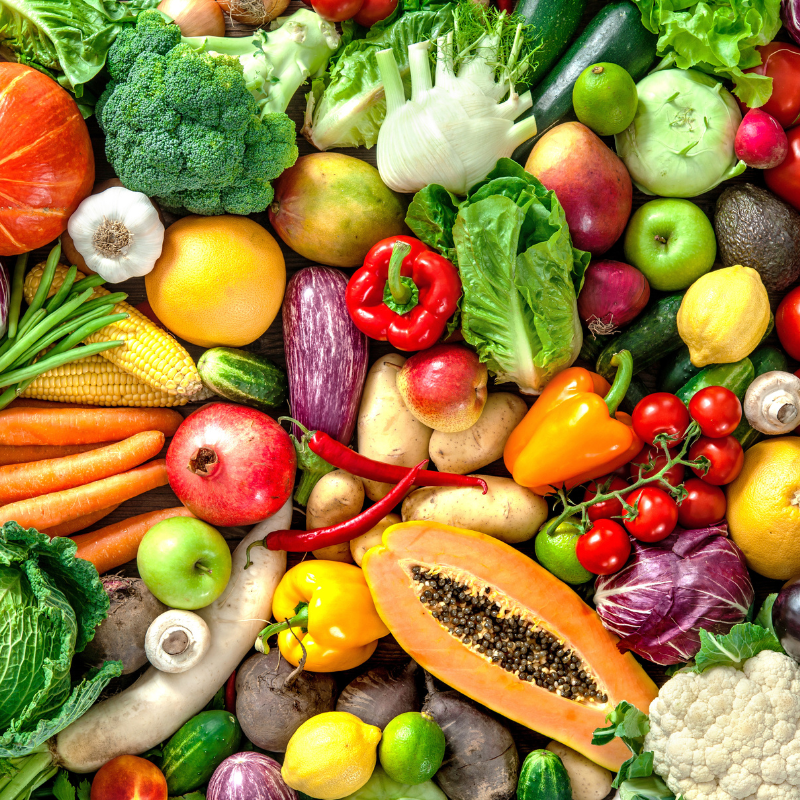

Start taking care of your health today. Be responsible for your health and keep cancer at bay by making changes to your diet. Nutritional Immunology suggests consuming less oil and meat and eating a diet made up primarily of low-fat, high-fiber plant foods. Incorporating a wide variety of wholesome plant foods in the diet can make a real difference to the body’s ability to fight cancer.
Plant-based Nutrition Helps Prevent Cancer by Boosting Immunity
An increasing number of studies have shown that immune-friendly nutrients originated from plant foods, not animal-based foods. The following plant-based nutrients have been proven to be effective for preventing and fighting cancer.
Polysaccharides
Polysaccharides have a direct impact on cancer because they can significantly boost immunity. They also have antitumor properties.
Polysaccharides are long chains of sugars. Research has shown that polysaccharides can inhibit tumor growth by activating immune cells. Polysaccharides help to balance the immune system and enable it to destroy existing cancer cells and viruses by increasing production of natural killer (NK) cells, interferon, and interleukin.
Research shows that all mushrooms are rich in polysaccharides. Different types of mushrooms contain different polysaccharides, each with distinct properties. Therefore, it is more beneficial to obtain polysaccharides form a wide variety of mushrooms. In particular, the Agaricus blazei Murrill (ABM) mushroom, yun zhi mushroom, shiitake mushroom, maitake mushroom, and reishi mushroom can aid in the fight against tumors and viruses. They help speed up recovery of cancer patients and relieve the side effects of chemotherapy.
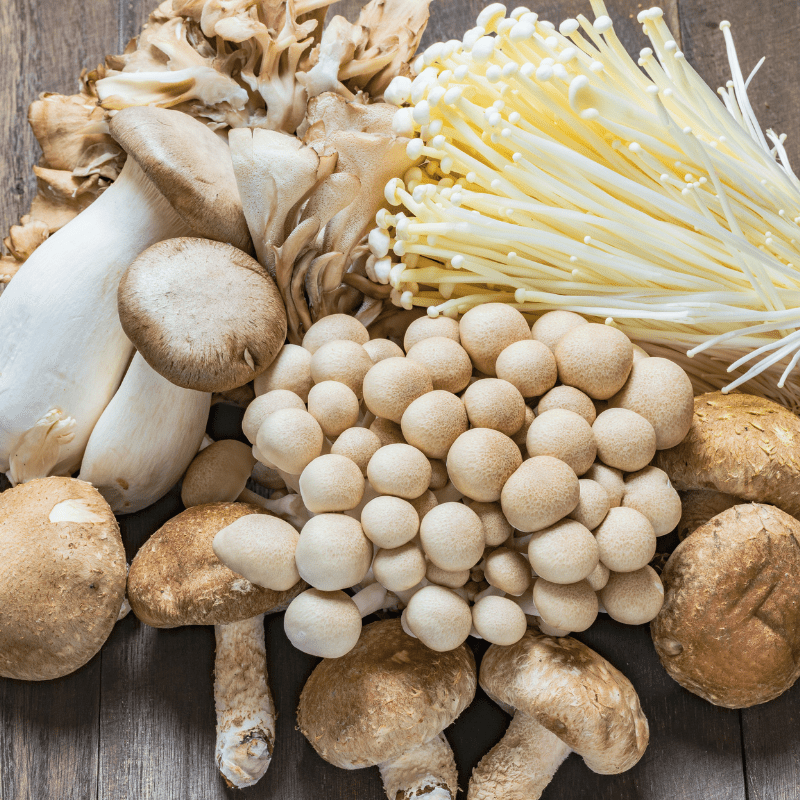

Phytochemicals
Only found in plants foods, such as fruits, vegetables, beans and grains, phytochemicals help prevent disease, nourish the immune system, and speed up recovery from illnesses. They can also help arrest or even reverse cancer development at any stage.
Every plant has its own unique set of phytochemicals, and different phytochemicals possess different properties that can prevent the formation of cancer cells at different stages. Genistein in soybeans starves cancer cells by preventing the development of blood vessels that supply nutrients to them, and indole-3-carbinol in broccoli may prevent estrogen-dependent cancers.
Antioxidants
Antioxidants are present in wholesome plant foods and are effective in preventing free radical damage to cells. This, in turn, helps ward off cancer. Free radicals are a major reason for sudden cell damage and mutations that lead to cancer.
Plant-based foods contain a wide array of antioxidants that serve different purposes and provide different benefits to the body. For example, cactus fruits, blueberries, and grape seeds are rich in a variety of antioxidants. Having large amounts of different antioxidants in the body can help keep the organs young and enhance their ability of function. The elderly and frail are in particular need of sufficient antioxidants to ensure that their bodies can absorb all the nutrients they need. This absorption boosts immunity by ensuring the normal functioning of the immune system, thereby helping to prevent the occurrence of cancer. It also helps to delay aging and prolong life.
Live a Healthy Lifestyle and Win the Fight Against Cancer
According to the World Health Organization (WHO), at least a third of all cancers can be prevented with a healthier lifestyle. Be proactive in safeguarding your health form an early age.


Exercise
Exercise moderately. Exercise stimulates sweating and deep breathing, which enhance lymphatic circulation and help the body expel toxins. Research shows moderate exercise can prevent cancer and enhance the survival rate of cancer patients.
Get Sufficient Sleep and Rest
During sleep, the body works hard to repair the wear and tear accumulated throughout the day and to restore vital biochemical balances. Research shows that sleep deprivation suppresses immune system function and decreases the body’s ability to fight colds or bacterial infections.
Stay Positive
Studies have proven that negative emotions like pessimism and anger may weaken the immune system and increase the risk of cancer.

